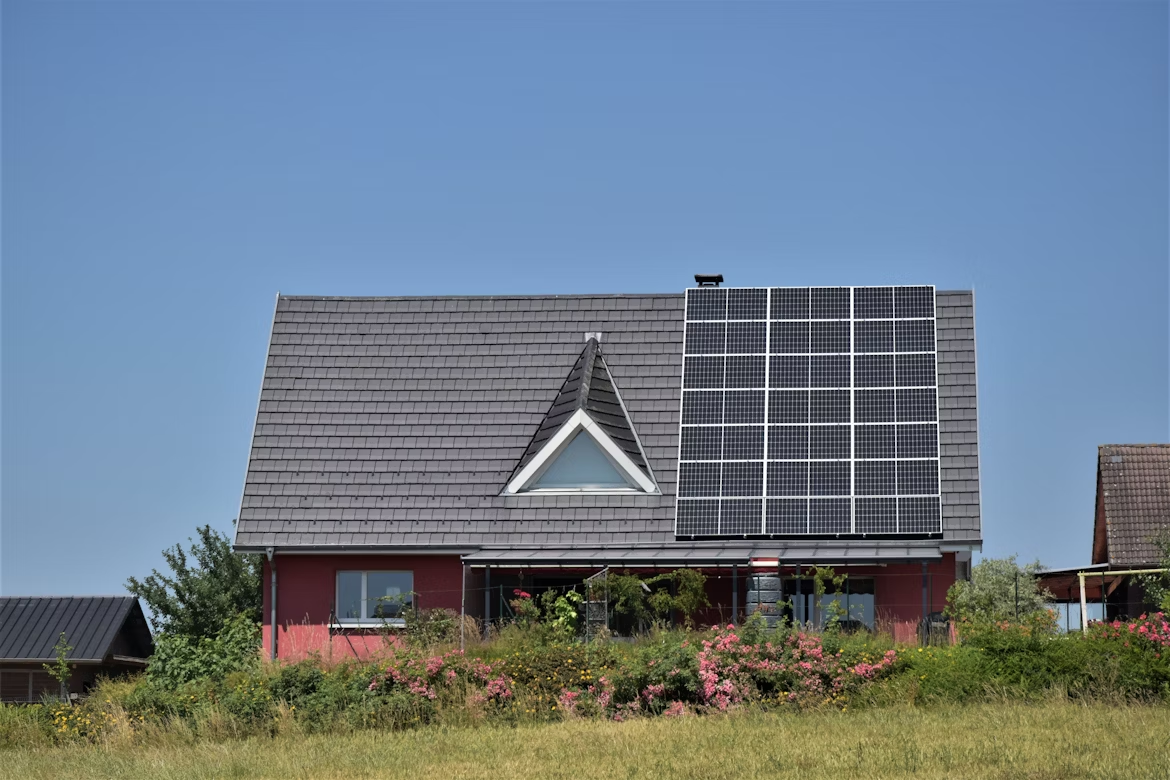

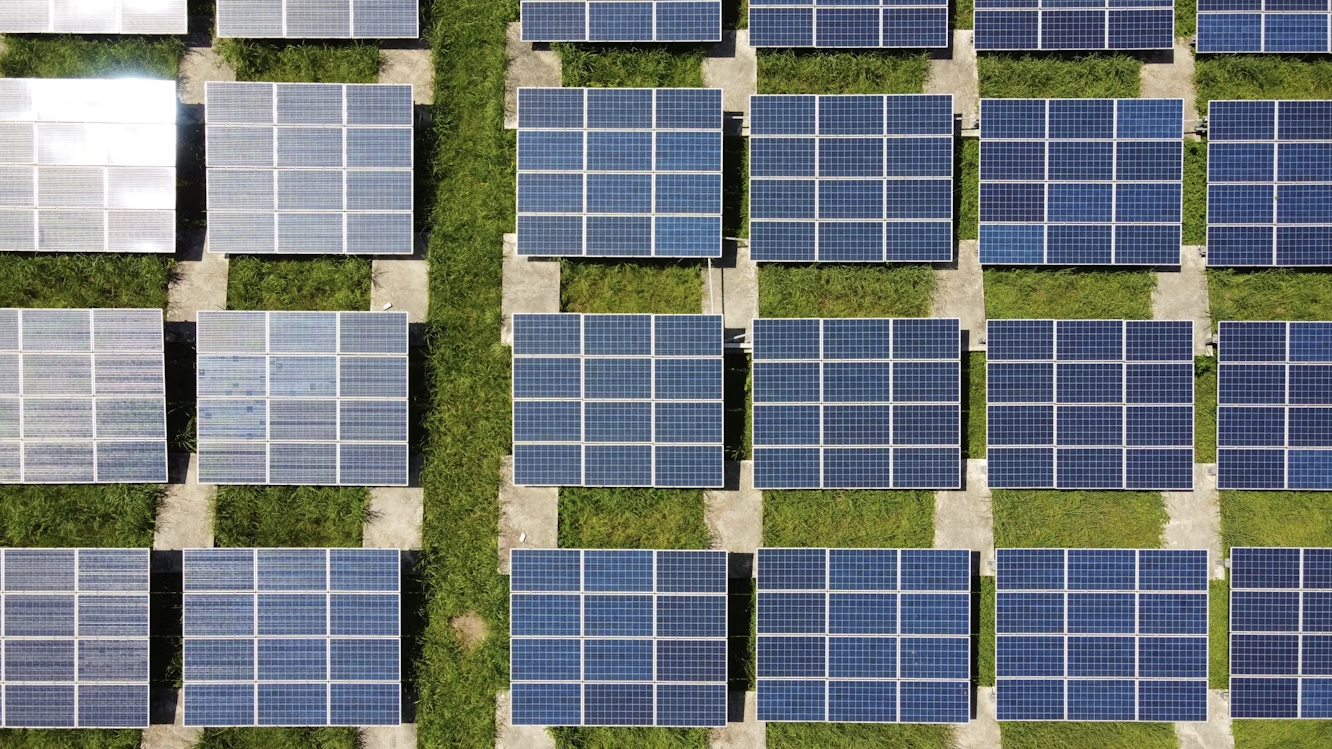


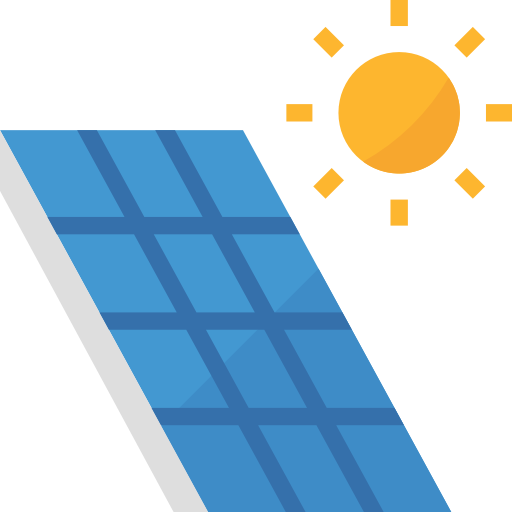
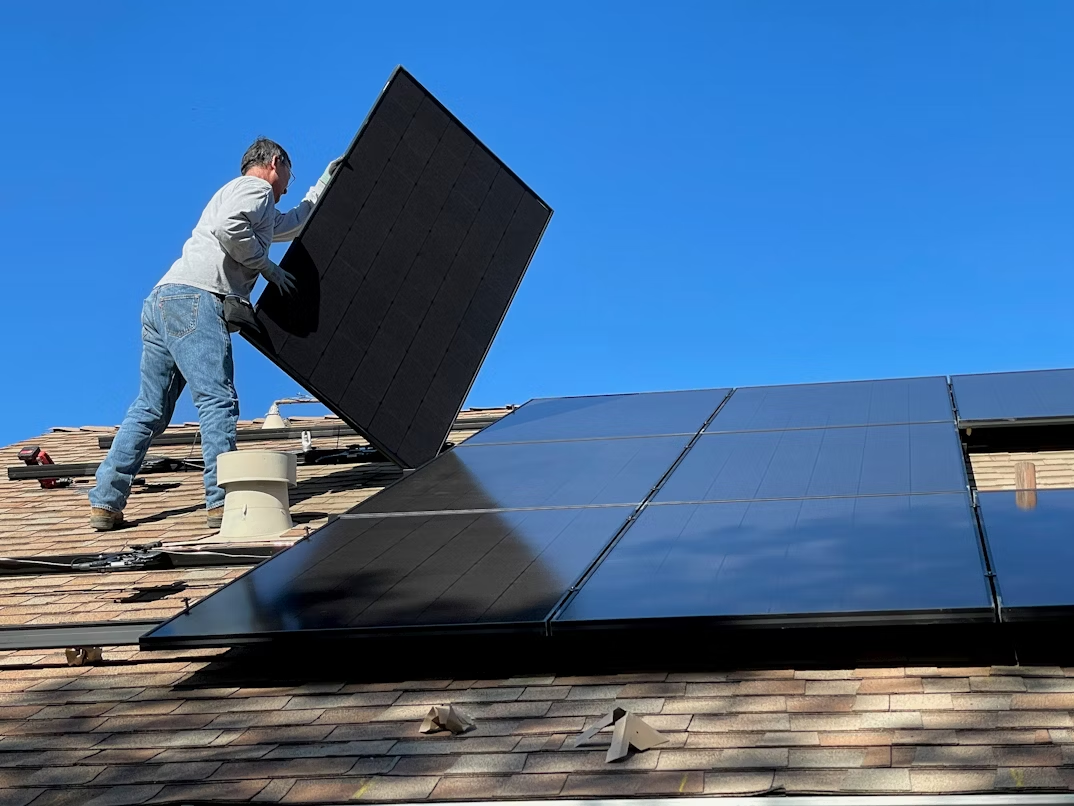
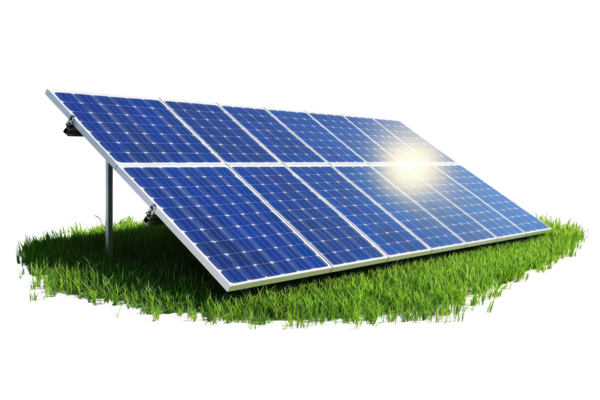
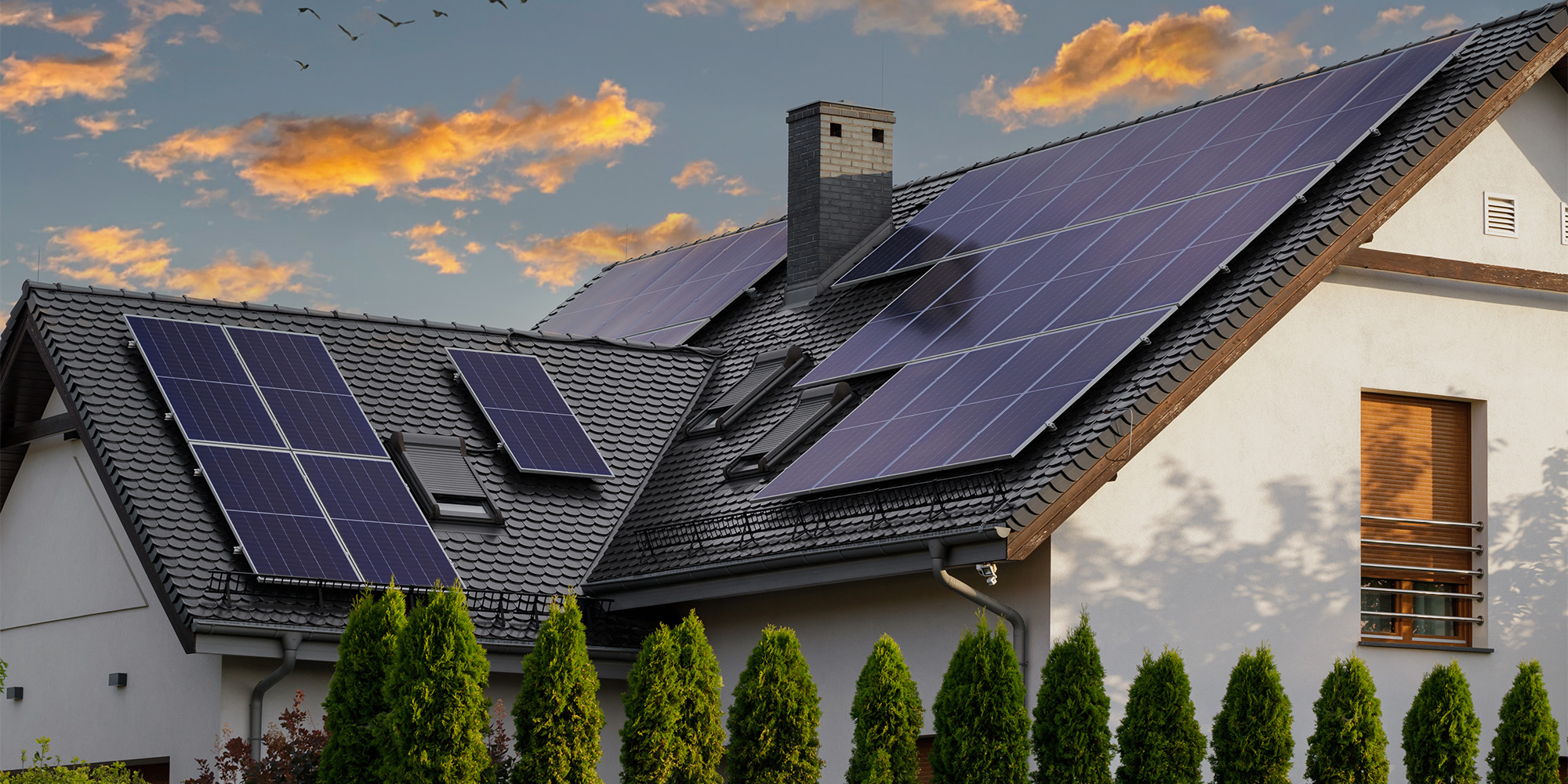





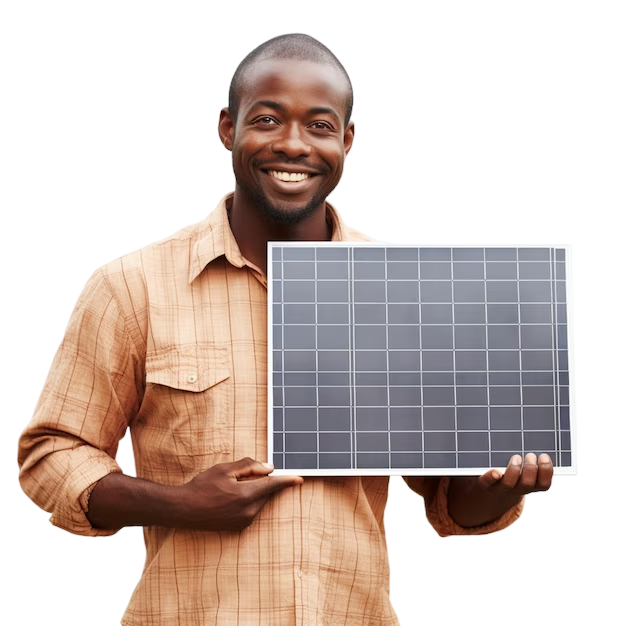



We provide you a custom solar kit and instructions so you can install solar yourself!
We cut out the middlemen, saving you $1,000's compared to traditional solar!














"I highly recommend using [DIY Solar] if you want to save thousands on your solar install."
- Justin H.


"A friend of mine that installs solar... recommended DIY Solar, and I couldn't be happier with the experience."
- Dan O.


"They gave me the transparency and control that I could never find with other solar companies."
- Solomon B.

The majority of Americans can install our DIY solar kits. But if you aren't feeling up to it, one of our trusted partners can do it for you. The best part is, we will still be cheaper than than national average!

We get you your solar system quickly. We will give you a quote and designs, then you just get the permits and install.



Lock in your energy prices with solar and save money for years to come. Though it is an upfront investment, the majority of people who install solar themselves get a better return on their money than the stock market, bonds, or real estate can provide.
GET MY QUOTE



Yes, we have recently partnered with a national lender who can provide qualified buyers financing for their DIY solar project! Text with us to get more detail.
We believe that the majority of Americans can install our solar kits. If you know how to operate a drill and understand basic electrical safety, you should have minimal issues. And don't worry, if you get stuck, we have video resources ready for you. (Full install option available in many states.)
Depending on your state, the answer is yes! We are now starting to offer a white-glove, full install option where a professional install crew comes and installs it for you. And the great thing is, we will still be about 25% cheaper than the national average since we don't have door-to-door sales reps or other middlemen!
It starts by you filling out our simple (and free) quote form. We will then use that information to size your solar kit and produce a quote. Once you accept your quote, we will ask for a deposit of $200 to do the engineering and design which will require only a few inputs from you. Once that is back and checked for errors, you will pay 50% of your total cost while you go through the permitting processes with your city. Once completed and approved, you will make your final payment and we will ship you the kit for you to install.
We take into consideration several factors to size your solar system, including your home's longitude, your average power usage, the angle of your roof, and your proximity to trees. We do not need all this information to produce a quote though. Our default is to offset 100% of your home's power usage through the solar system.
Great news! The federal government just approved new tax incentives for installing solar. 30% of your solar system will be covered by the federal government. This comes in the form of a tax credit that will offset taxes owed to the federal government and can roll over to the next year if it is larger than your tax liability. It is not a rebate or a refund, however.
As for the state tax incentives, they vary from state to state but can take the form of a tax credit (as high as 25% in some cases) against your state taxes or a rebate.
What you should really be looking at is the price per watt. This is a fairly universal way to baseline quotes (unless they are using sh*tty equipment). If they don't give it to you explicitly, you take the cost of the entire system (plus installation fees) and divide it by the total number of watts the system is estimated to produce. For example, if you are quoted $35,000 for a 10kW system (that's 10,000 watts), then you are paying about $3.50 per watt (btw, DIY Solar is much lower than this!).
Also note whether or not the price is quoted with or without federal and state incentives. We try to make it very clear when we are quoting with federal and tax incentives factored in.
That's exactly the question you should be asking. Better yet, why are others so expensive?! The reason is that traditional solar companies (we like to call them "BIG solar") have so many middlemen that need to get paid. These include the door-to-door sales reps that annoy the hell out of you, big installation crews, and other middlemen that pass along deals for a markup. That means a much bigger cost to you, and it's simply ridiculous in our minds.
We don't skip on quality when it comes to our equipment. You will get black on black monocrystalline panels (monos) that come with a 25 year warranty provided by the manufacturer. This warranty means they are guaranteed to produce at least 80% of their rated output at the 25 year mark, and are likely to continue to produce for many more years to come.
Our average US customer requires a 10kW system in order to offset 100% of energy usage. A basic 10kW system without additional adders will cost you about $12,000 after government incentives ($19,000 before incentives). Of course, it depends on the incentives of your state and you will need to get a quote in order to get a more accurate estimate.
If you're considering solar in 2025, installing it yourself could be your best route! And it's easier than you think.
6 tips for homeowners looking to purchase solar in 2025. DON'T SKIP!
Discover the pros and cons of ground-mounted vs. roof-mounted solar systems to help you choose the best option for your DIY solar project.